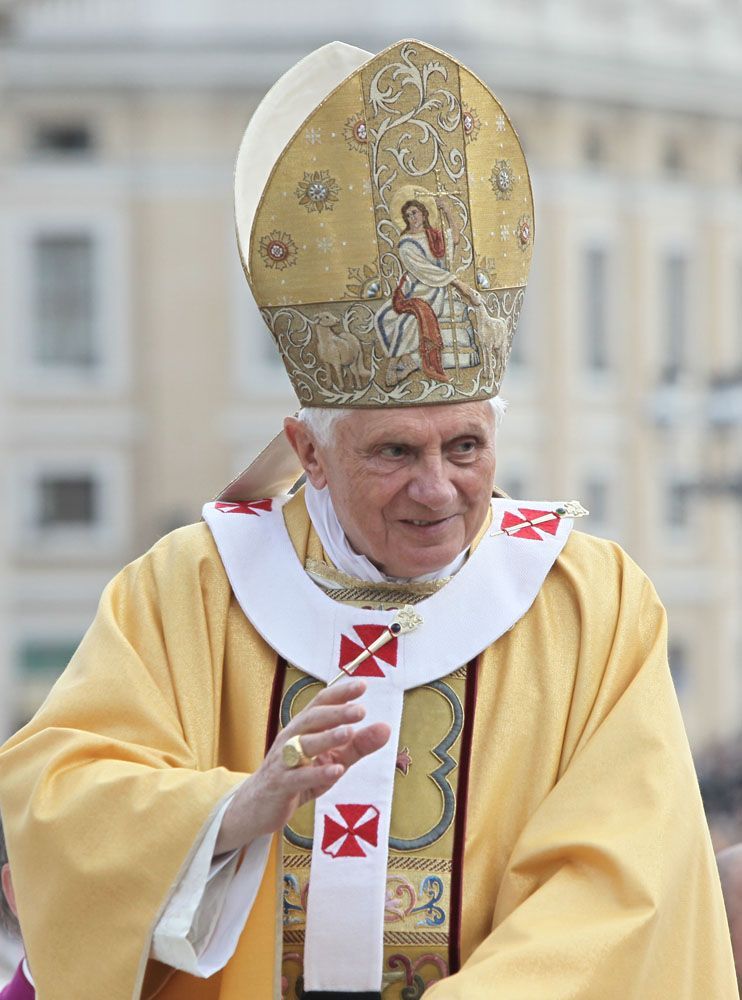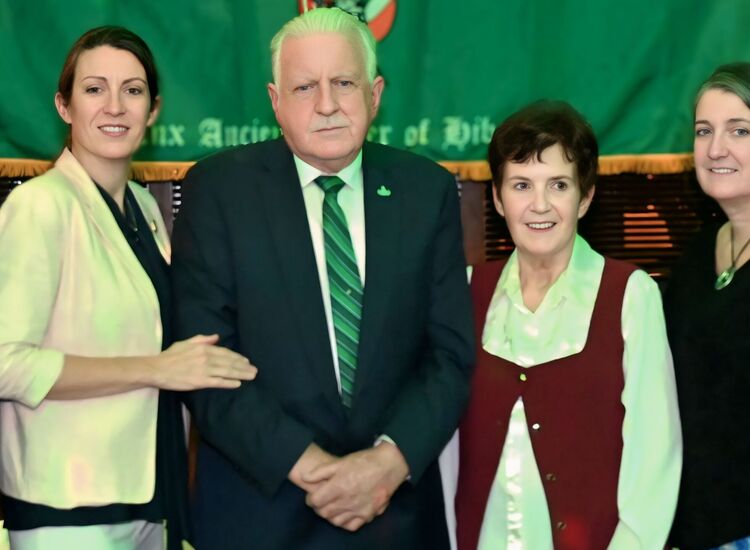Accusing someone of being a cafeteria Catholic implies that the person picks and chooses what he or she believes from the broad board of church teaching.
While the expression is heard less today, it was commonly used in the past, meant as a derogatory judgement implying that the recipient should decide for or against the whole panoply of church beliefs.
The Irish language expression, Tadgh a da thaobh, (a person who takes the two sides in any debate) conveys this sense of indecisiveness, of trying to please everyone.
I recall a man named Freddy in my home county, Kerry, declaring over fifty years ago that he did not accept his church’s declarations about limbo, where, according to clear church teaching, good people, including babies who died before being baptized, ended up with no hope of ever enjoying the presence of God.
Freddy was a bachelor farmer in his fifties, who explained to anyone who would listen that he knew two sets of parents who suffered through their babies dying during the birthing process and he strongly sympathized with their utter dejection as first the parish priest refused burial in a Catholic graveyard and then, adding insult to injury, hearing about church teaching that consigned their baby to limbo, offering limited happiness in a place supposedly located on the edges of hell.
Most people in those days accepted the logic of the hierarchy who bought St. Augustine’s line that a verse in John’s gospel precluded the unbaptized from enjoying the beatific vision.
Freddy disagreed, loudly and publicly. While confessing his lack of training in theology or church history, he still adamantly proclaimed that he could not envisage the New Testament Jesus punishing a baby because nobody had splashed water over her head on time while uttering some prescribed formula of words.
He argued in taverns and other places hospitable to debate that only a tyrant and not a loving deity would act in such an outrageously egregious manner.
Freddy was considered a cafeteria Catholic in his day. He clung to most of the beliefs he learned in the catechism, but rejected what was then a central Catholic dogma about limbo.
I recall that he discussed his opinion on the matter with a visiting priest, a missionary home from Nigeria. However, that man enunciated Augustine’s logic which claimed that a place had to be found for the innocent unbaptized who couldn’t claim heaven, or be consigned to hellfire or punished in purgatory because they hadn’t done anything wrong. In a word, limbo filled a metaphysical void.

Cardinal Ladaria.
That was why the reputedly brilliant mind of Augustine of Hippo created it. The Kerry man never read any of Augustine’s writings and he said he had no intention of inquiring into the thoughts of a man, no matter how famous, with such a narrow lens on the gospel.
I thought of my neighbor when in 2007 Pope Benedict eliminated limbo. It is gone from the list of church beliefs, no longer found in any catechism except as an anachronistic reference to an outdated church dogma. Unfortunately, Freddy, the cafeteria Catholic, had passed on before Benedict endorsed his perspective on limbo and ditched it.
A few years ago, Cardinal Raymond Burke, a prominent right-wing zealot, wrote an eight-page pamphlet titled “Proclaiming the Truths of the Faith at a Time of Crisis” which was also signed by four other senior prelates. They outlined no less than forty points of contemporary church teaching about which they say, “there is much error and confusion.”
For instance, Burke, who has plenty support among American bishops, rejects Pope Francis’ condemnation of capital punishment as “a serious violation of the right to life of every person.” The cardinal disagrees and asserts that he sees no moral problem with governments using the electric chair or its equivalent.
The strong right-wing influence in the church, led by Burke and others, point the finger at the confusion caused by Francis and his alleged liberal theologians in allowing Muslims and Jews to find their own path to salvation, which, by the way, is the official teaching favored since the Second Vatican Council. Instead, these eminent churchmen argue for a policy of conversion.
A battle over sexual morality rages within the members of the hierarchy. At a conference in Rome commemorating Paul V1’s controversial 1968 encyclical Humanae Vitae, which confirmed the church’s opposition to the use of contraceptives even by married couples, Cardinal Ladaria, the head guy at the Dicastery for the Doctrine of the Faith, lauded “the prophetic vision” the pope showed in his letter fifty-five years ago. The 79-year-old cardinal castigated those who engage in what he decried as moral relativism, and he concluded his speech with the clear declaration that “the truth expressed by Humanae Vitae does not change.”
However, numerous polls of Catholics reveal that few see using a condom or the contraceptive pill as sinful. In fact, taking precautions to avoid pregnancy is widely perceived as involving mature and laudatory practices. Cardinal Ladaria, however, would view such behavior as picking and choosing from papal prohibitions – cafeteria Catholics again.
Some of the moral insights emanating from the Vatican do not inspire confidence. Think of slavery, arguably the greatest moral evil faced by society in the last millennium, because it posed the basic moral question about the practice of treating some people as sub-human. Leaders from all over the world wrestled with this question, but the moral arbiters heading the Catholic church approved of the slave system until close to the end of the 19th century, long after Britain and some other European powers banned it.
An important issue concerning blessing gay marriages is hovering over the synod in Rome. The traditional teaching of the church proclaims that only married couples may engage in coital sexual activity which must always be open to the possibility of pregnancy. Gay marriage, which is now legal in most Western countries, brings a new urgency to questions about the morality of sexual engagement between same-sex couples who request a blessing from their church for their loving relationship.
Pastors in many dioceses in Germany provide such a blessing, arguing that to refuse a special benediction to a loving gay couple on their wedding day would breach the magnanimous spirit evident in the gospels and would blemish the desirable inclusive spirit needed in any strong parish community. Synodal deliberations on this thorny issue will be watched very closely.
We are all cafeteria Catholics now. Right-wing bishops and cardinals want to hold on to the “old religion” which provided certainty about all the moral questions – no veering from the approved catechism. However, that day is gone and to survive the church from the Roman magisterium to the thoughtful and prayerful people in the pews must adapt and change just as it did with the doctrine of limbo.
Gerry O'Shea blogs at wemustbetalking.com








